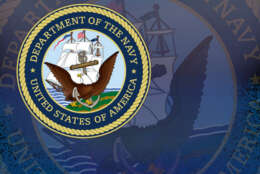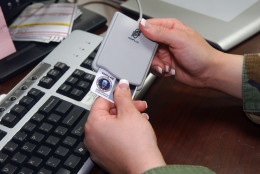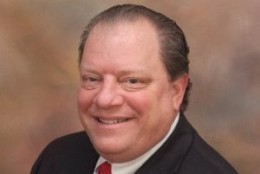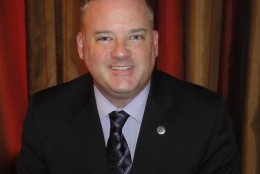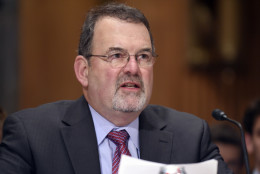Cybersecurity
-
The U.S. Naval Academy is preparing officers for conflict on the next battlefield with a cybersecurity major.
June 21, 2016 -
The Defense Department is moving ahead with new rules for defense contractors aimed at limiting damage from insiders with security clearance. Jim Harris, senior counsel for the law firm Holland and Knight, joins Federal Drive with Tom Temin to offer his insight.
June 21, 2016 -
When the Naval Academy graduated its first set of cybersecurity majors a year ago, the group included submariners, surface warfare experts, pilots and Marines. Many seemed destined for great careers. Federal Drive with Tom Temin spoke with Retired Capt. Paul Tortora, director of the center for Cybersecurity Studies at the Academy, and Ensign Zac Dannelly, the top performer in that first graduating class, to find out how cybersecurity education is changing the Navy.
June 20, 2016 -
DoD CIO Terry Halvorsen is trying to create a dialogue around how to move off the Common Access Card. But experts say without money or an official program, not much can happen beyond plans and concepts in the short term.
June 20, 2016 -
In the first “Hack the Pentagon” challenge, the department asked anyone with expertise in IT security to find security flaws on five of its largest public-facing websites, including the Defense.gov homepage.
June 20, 2016 -
The General Services Administration issued its second RFI in a year seeking feedback on how to make it easier to buy certain types of cybersecurity services.
June 20, 2016 -
The Cybersecurity Act of 2015 has been in effect for six months, but Congress and the Homeland Security Department say tweaks are needed to encourage more information sharing from industry.
June 17, 2016 -
Keith Bluestein, the acting chief information officer of the SBA, said the agency has been upgrading its network backbone as a precursor to being able to take advantage of new technologies such as the cloud.
June 16, 2016 -
Cybersecurity experts are like diamonds. Everyone is panning for them. Meanwhile, the cyber threat federal agencies face are growing more frequent and lurid. (ISC)² has helped thousands of people obtain cybersecurity credentials. Dan Waddell, managing director for (ISC)² North America, joins Federal Drive with Tom Temin with a review of progress in federal cybersecurity education.
June 16, 2016 -
Federal agencies have a seemingly insatiable need for cybersecurity experts. But wanting them and having job openings for them doesn't mean they come streaming in. Mallory Barg Bulman, research director at the Partnership for Public Service, tells Federal Drive with Tom Temin what the elements of a cybersecurity hiring strategy might be.
June 15, 2016 -
DoD Chief Information Officer Terry Halvorsen said he plans to phase out the secure identity card over the next two years and replace it with better multi-factor authentication.
June 15, 2016 -
Deborah Pierre-Louis, director of IT Security Policy, Liaison, and Training, Bureau of Information Resource Management, Department of State, discusses cybersecurity training, perimeter-based security, and security by design. June 14, 2016
June 13, 2016 -
Keith Trippie, the CEO of The Trippie Group LLC and a public sector board member of Acquia, says agencies should follow the lead of dating, travel and insurance companies and have an “easy” button for system modernization.
June 13, 2016 -
The Defense Department decides to reject a recent audit's recommendation to reduce the housing allowance benefits for dual military couples.
June 13, 2016 -
Federal News Radio obtained a previously unreleased memo from federal CIO Tony Scott detailing 18 milestones over the next six months to make the Login.gov platform a reality.
June 13, 2016



